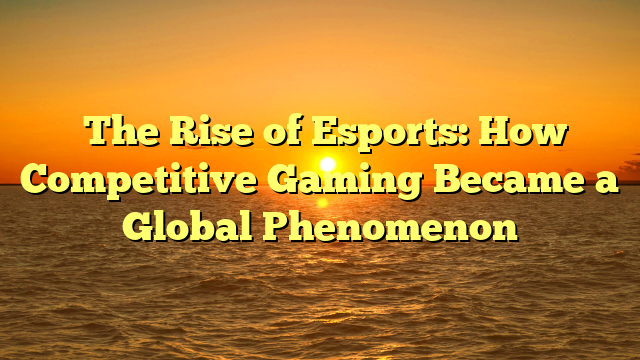Introduction
Monetization is a new critical aspect associated with online gaming, figuring out how developers support their projects and continue to supply value to gamers. Over the decades, various monetization methods have emerged, every single with its positive aspects and challenges. This informative article explores the most prevalent models, which include microtransactions, subscription providers, and the rising trend of battle passes.
Microtransactions and In-Game Buys
Microtransactions entail small, often plastic purchases that enhance the gaming knowledge without affecting game play balance. These include cases, character customization options, and emotes. Game titles like Fortnite plus League of Legends have successfully leveraged this model, making substantial revenue while keeping the key game accessible in order to all players.
Freemium Models
The freemium model allows participants to access the overall game for free whilst offering premium content material or features regarding a fee. This method lowers the admittance barrier, attracting a more substantial player base. Nevertheless, it requires the delicate balance in order to ensure that having to pay users feel appreciated without alienating cost-free players. Games such as Candy Crush Légende and Clash involving Clans have efficiently utilized this model to maintain earnings.
Subscription Services
Subscription-based models provide players with ongoing entry to a game or even a suite involving games for any continuing fee. Services such as Xbox Game Pass, PlayStation Plus, and The apple company Arcade offer substantial libraries, exclusive content material, and other rewards. This model ensures a reliable revenue supply for developers plus offers players a new cost-effective way to access multiple video games.
Battle Passes and even Seasonal Content
Fight passes have turn out to be a popular monetization strategy, particularly inside competitive and action-oriented games. Players get a pass that scholarships access to special rewards through gameplay milestones over a new set period, commonly a season. This specific model encourages extended engagement and gives predictable revenue. Fortnite and Apex Legends have successfully integrated battle passes, evening out rewards to retain players motivated with no making purchases feel mandatory.
Advertising and Sponsors
In-game marketing and sponsorships give another revenue path, particularly for free-to-play titles. Brands will integrate advertisements easily into the activity environment or attract events and tourneys. While this can enhance the gaming feel with relevant content, it requires mindful implementation to steer clear of disrupting gameplay or alienating players.
Issues and Ethical Factors
Monetization strategies must navigate challenges related to player belief and ethical considerations. situs slot gacor like loot boxes have started debates over gambling-like mechanics and their impact on younger gamers. Developers must endeavor for transparency and even fairness, ensuring that monetization enhances as opposed to detracts from the gaming experience.
The Future of Monetization in Online Games
Because the gaming industry continually evolve, so too will its monetization strategies. Emerging solutions like blockchain in addition to NFTs (Non-Fungible Tokens) are exploring new ways to acquire, market, and trade in-game assets, potentially reforming digital economies inside games. Additionally, cross models that combine various monetization techniques may offer even more sustainable and player-friendly approaches.
Conclusion
Monetization in online gaming is a dynamic and multifaceted feature that significantly influences both player feel and developer durability. By understanding in addition to innovating within these strategies, the gaming industry can continue to thrive, delivering engaging content whilst meeting the monetary needs of programmers and satisfying the desires of gamers.
The Importance of Food: A Comprehensive Guide to Its Role in Health, Culture, and Society
Food is more than just a necessity for survival; it is an essential part of human life thatshapes cultures, economies, and individual well-being. Our relationship with food ismultifaceted, as it…





